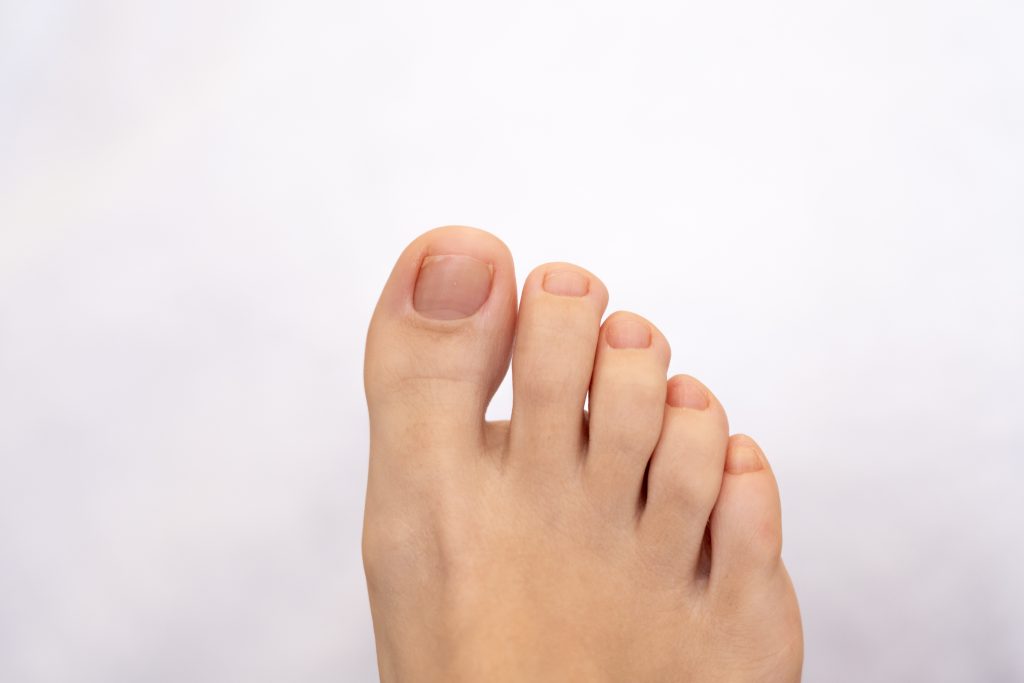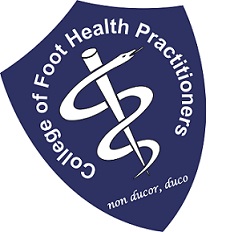
Diabetes and Your Feet
Diabetics are often more susceptible to infections that don’t heal, have poor circulation, known as peripheral vascular disease and experience numbness in the feet, known as peripheral neuropathy. Because an infection that doesn’t heal can lead to serious complications it is essential that the diabetic patient prevents infections with careful foot care.
Foot Care for the Diabetes Patient
Here are some helpful tips to incorporate into your daily routine to ensure your feet receive special care and attention and so avoid more serious problems.
1.
Keep your feet clean and free from infection. Wash your feet daily in warm, but not hot water. Test the temperature of the water with the elbow or a thermometer – not the hand which may also be affected by peripheral neuropathy. Use soap, not detergent (detergents can strip away natural oils called lipids on the skin’s surface and damage the skin barrier) or an emulsion prescribed by your GP if the skin is excessively dry. Dry the feet thoroughly but gently with a soft towel – dabbing rather than rubbing the skin.
2.
Have your feet checked as part of your annual diabetes review. In the meantime, examine your feet thoroughly on all surfaces, checking between the toes for cracks, corns, blisters, etc. If necessary, use a mirror on the floor to see underneath the foot. If you cannot see well enough to see for yourself – ask the assistance of someone who can.
3.
If you discover a problem – apply a mild antiseptic like Savlon and a clean dressing. Seek the assistance of a Foot Health Practitioner without delay.
4.
Cut your toenails regularly. If you have difficulty cutting your own nails – seek help from a Foot Health Practitioner. Only allow a properly trained person to assist you in this matter – any breaks in the skin are to be avoided due to the skin’s poor healing capability and susceptibility to infection.
5.
Changeyoursocksorhosedaily–ensuringtheyarefreshandcleanandfreeofholes, seams or darns. The toes should have adequate room and not be cramped. This is important to eliminate any pressure spots that could cause abrasion.
6.
Never walk barefoot, especially in the garden or on the beach. Avoid cuts and try to avoid sitting with your legs crossed – so you don’t restrict blood circulation to your lower limbs. Protect your feet at all times.
7.
Wearsoftleathershoesthatfit,andwhichhavesufficientroomwithinanddon’t squeeze. Beware of stitching and decorative features which might cause rubbing of the foot. Ill-fitting shoes can cause calluses, corns, ulcers and nail problems.
8.
Beware of burning your feet in front of the fire – you might not feel the heat. Beware too of sunburn on your feet. ALSO protect your feet against the cold and chilblains.

